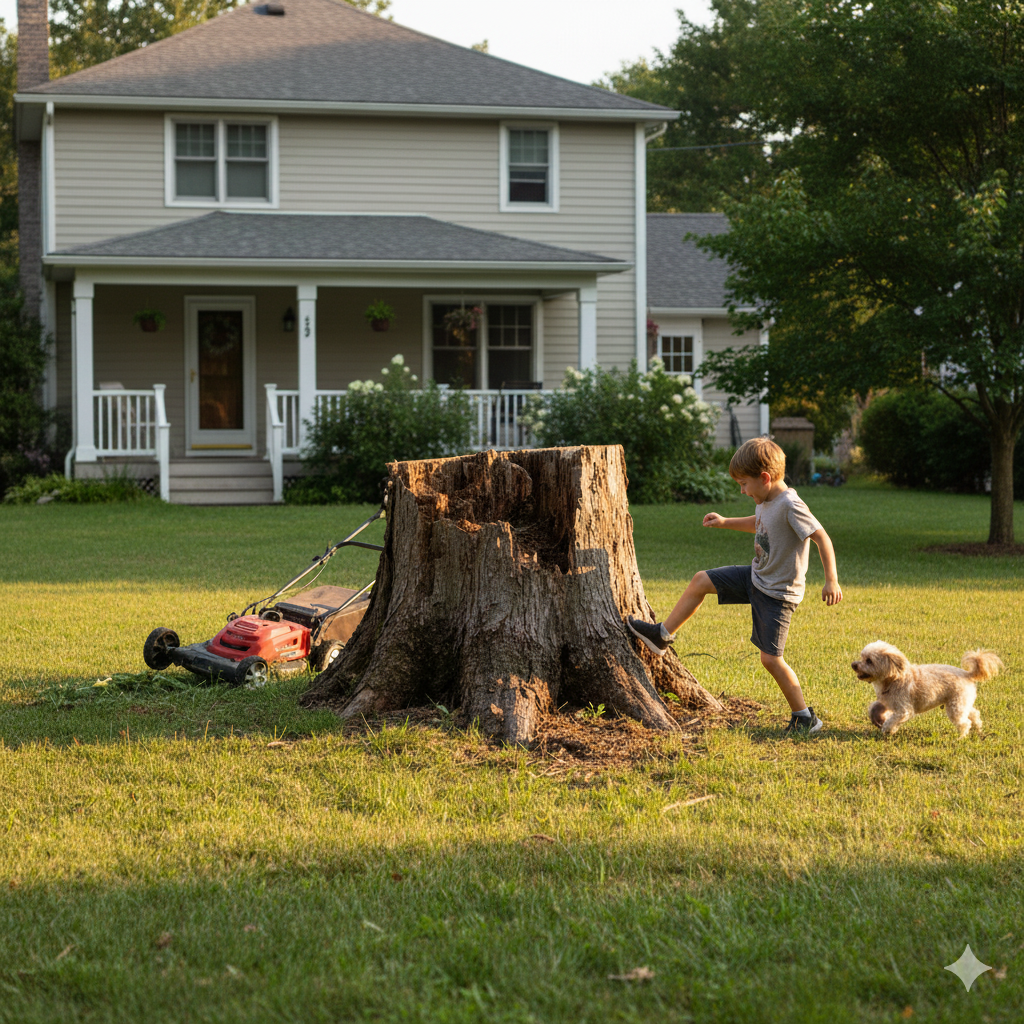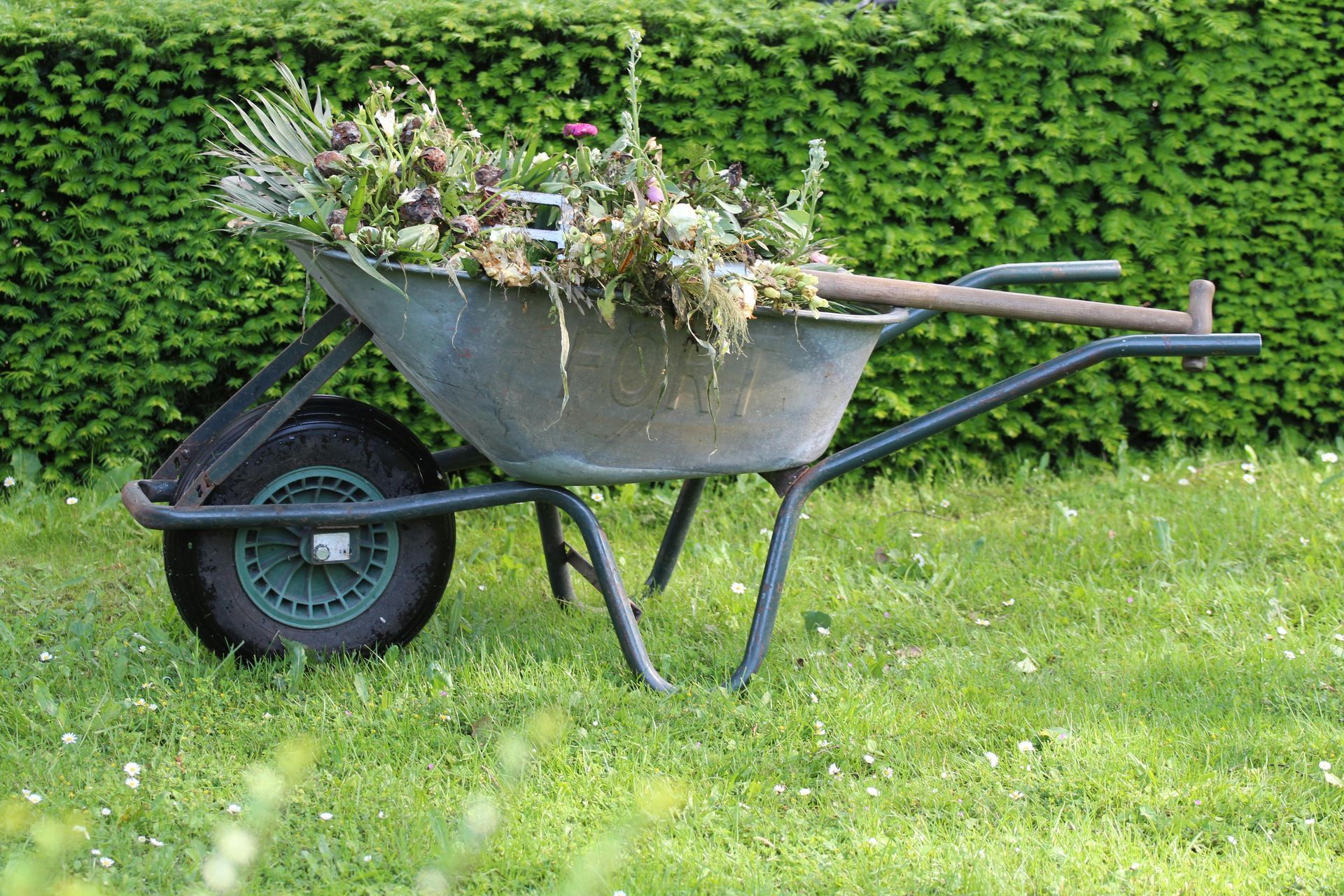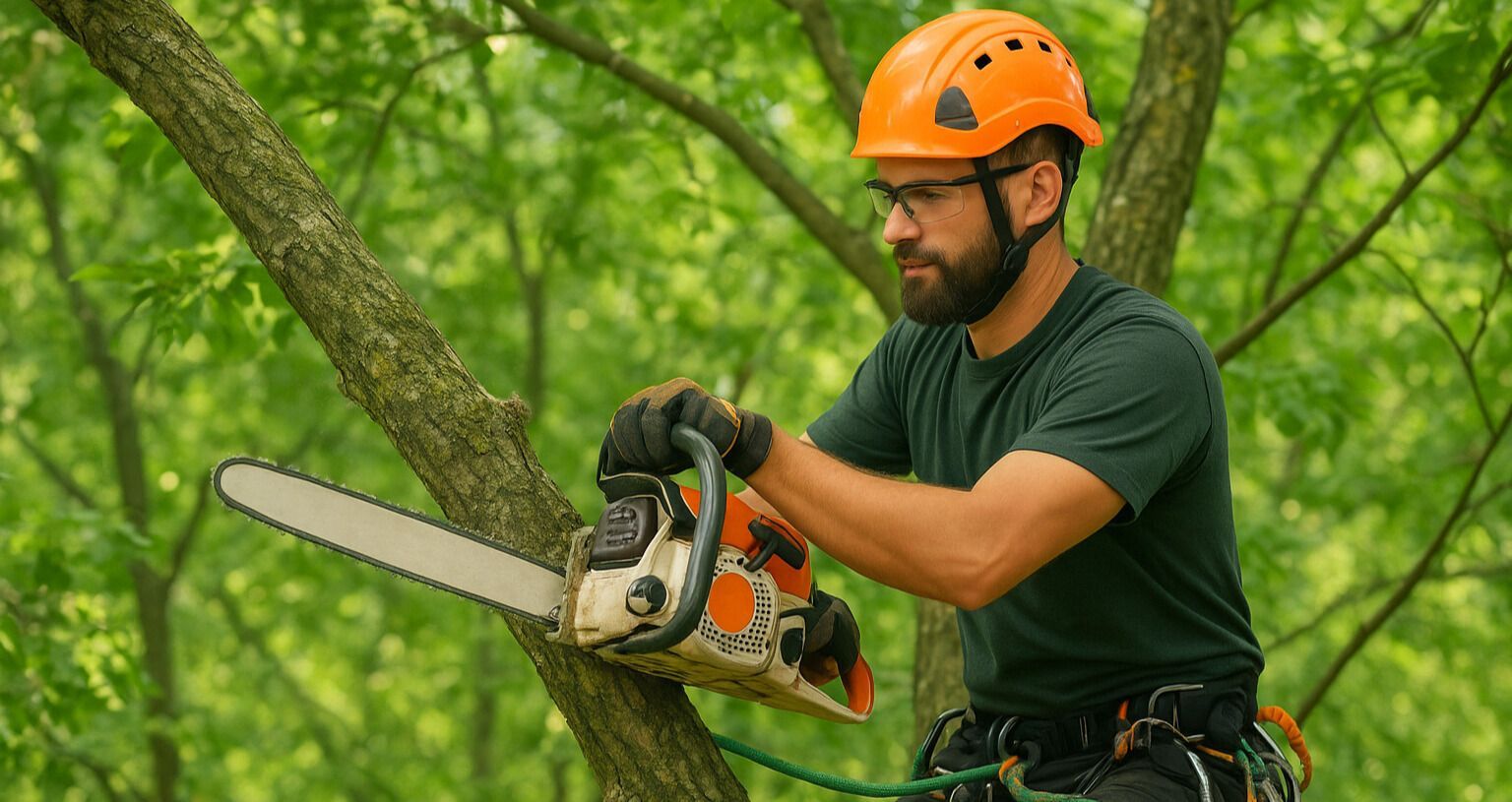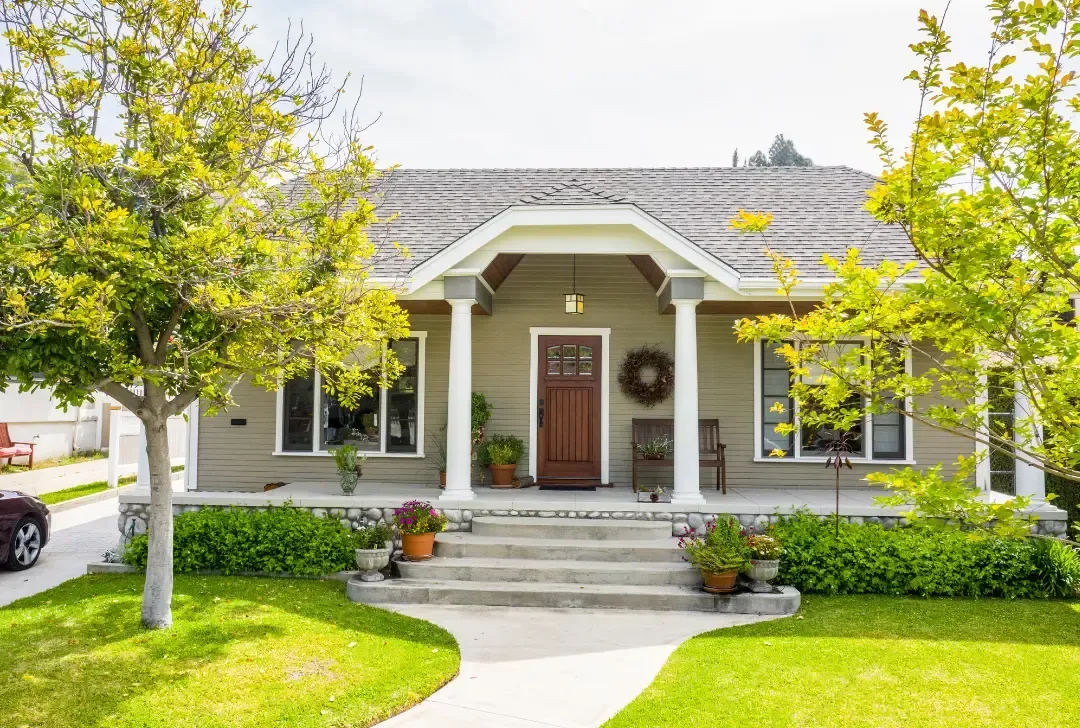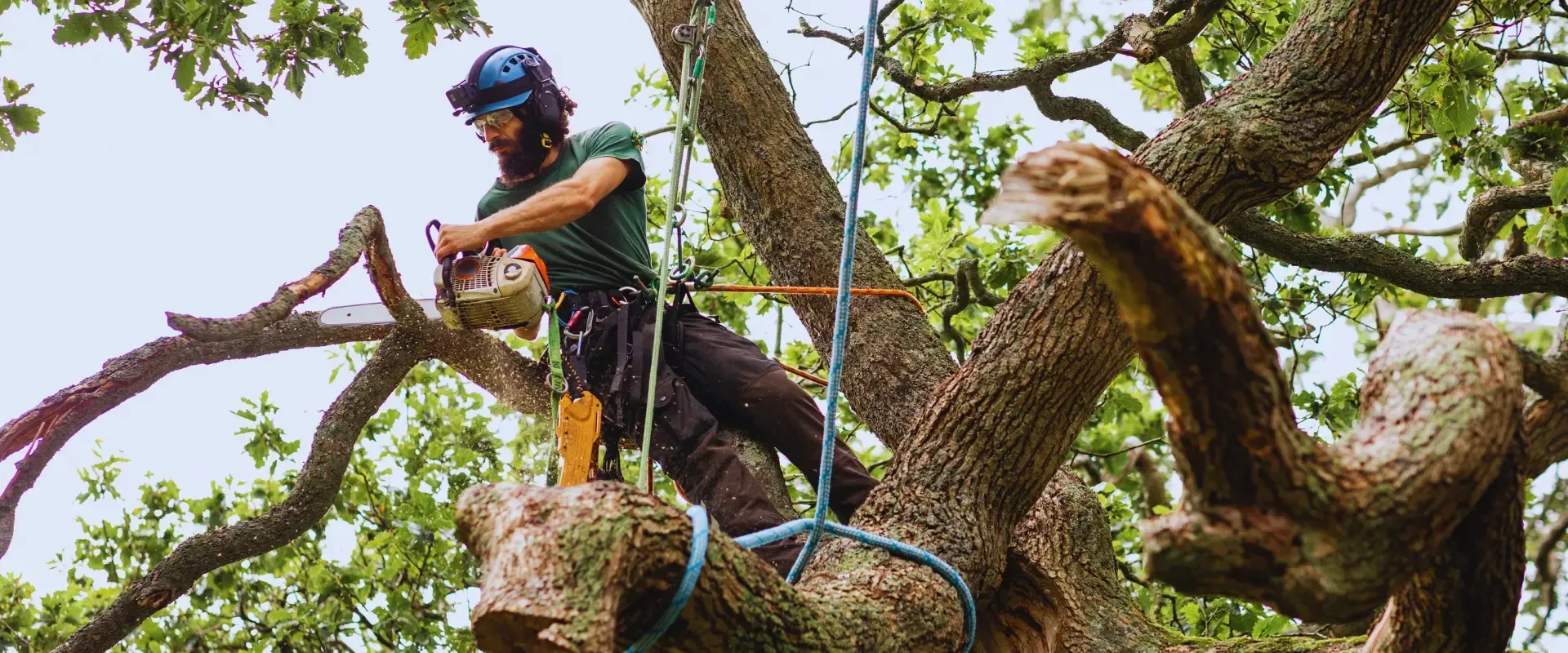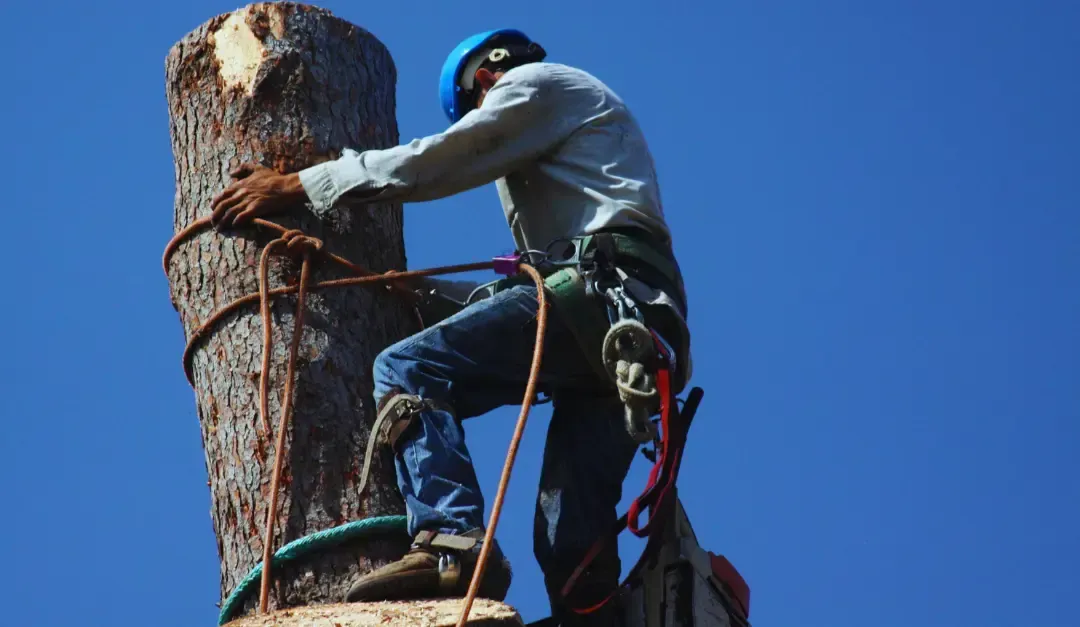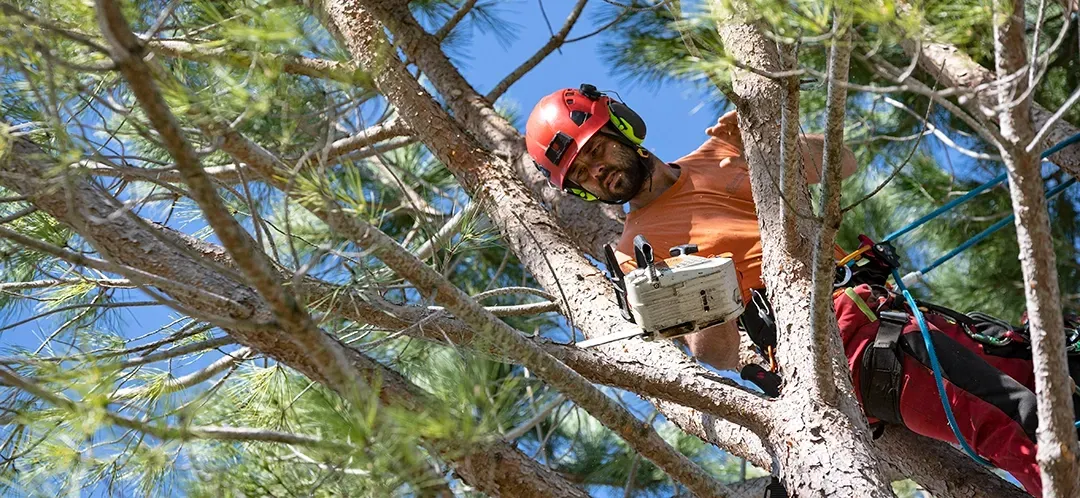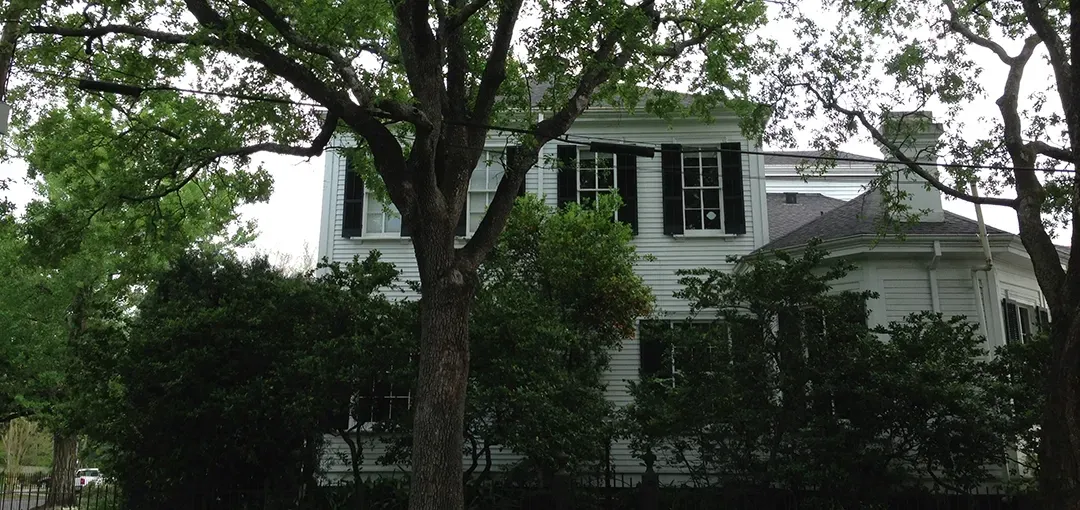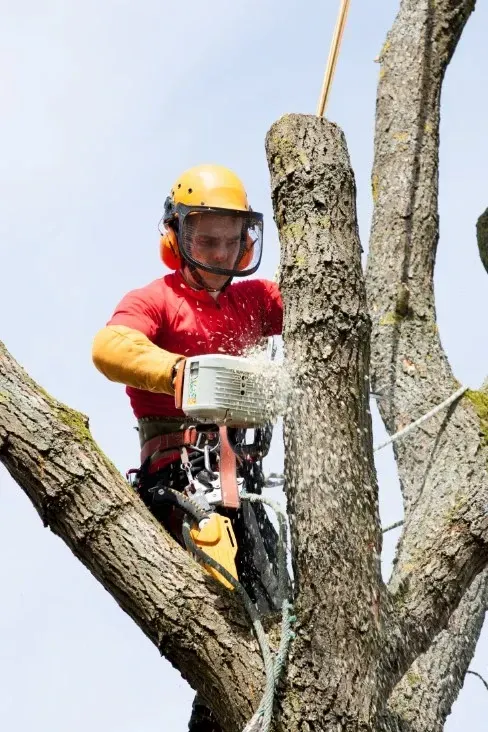The Hidden Treasure in Your Yard: Unveiling the True Value of Trees
Have you ever looked at that magnificent oak in your backyard and wondered, "What's it really worth?" I know I have. As someone who's spent years in the world of tree care and appraisals, I've come to realize that trees are far more than just beautiful additions to our landscapes. They're living, breathing assets that can significantly impact our property values and quality of life. In this article, I'll take you on a journey through the fascinating world of tree appraisals, sharing insights I've gained from my experiences right here in Southern California.
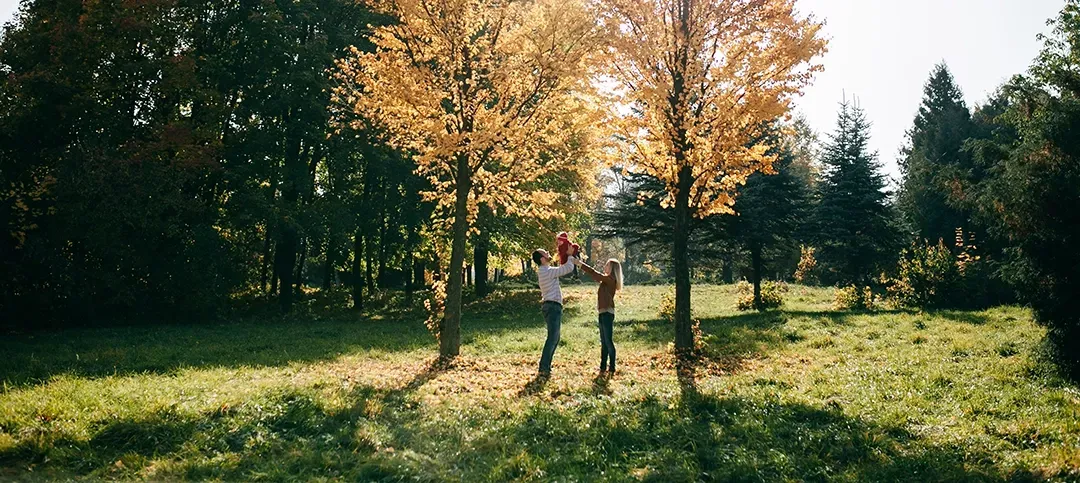
My Journey into Tree Appraisals: A Personal Story
It all started on a sunny afternoon in my own backyard. I was admiring a towering sycamore that had been there long before I bought the property. A neighbor casually mentioned how much value that tree must add to my home, and it got me thinking. How much was this tree actually worth? This simple question led me down a rabbit hole of research and eventually into the field of tree appraisals.
What Exactly is a Tree Appraisal?
A tree appraisal is a process of determining the monetary value of a tree or group of trees. It's not just about measuring height and girth; it's a comprehensive evaluation that takes into account numerous factors. As I delved deeper into this field, I realized it's both an art and a science.
Why Tree Appraisals Matter: More Than Just Shade and Oxygen
You might be wondering, "Why bother appraising a tree?" Well, let me tell you, trees are more valuable than most people realize. They're not just pretty to look at or nice for picnics. Trees can significantly impact property values, play crucial roles in legal disputes, and even affect insurance claims. Understanding their worth can be a game-changer in many situations.
The Art and Science of Tree Valuation
As I began to learn more about tree appraisals, I was fascinated by the intricate process involved in determining a tree's value. It's not as simple as you might think!
How Do Experts Determine a Tree's Worth?
Determining a tree's value isn't just about eyeballing it and making a guess. It's a detailed process that considers multiple factors. Let me break it down for you:
Species and Size: The Foundation of Tree Value
The first things an appraiser looks at are the tree's species and size. Some species are naturally more valuable than others due to their rarity, growth rate, or desirable characteristics. For instance, a mature California oak might be worth more than a fast-growing eucalyptus of the same size.
Size matters too, but it's not just about height. The trunk diameter, canopy spread, and overall volume all play a role. I remember appraising a massive coast redwood that was worth more than some cars I've owned!
Location, Location, Location: How Placement Affects Tree Worth
Just like in real estate, location is crucial in tree appraisals. A tree perfectly placed to shade a home's south-facing windows can be worth more than an identical tree in a less optimal spot. I once appraised two similar trees on the same property, and the one near the house was valued 30% higher than its counterpart at the edge of the lot.
Health and Condition: Assessing a Tree's Vitality
A tree's health and structural condition are vital factors in its appraisal. A robust, disease-free tree is naturally worth more than one that's struggling or structurally compromised. I've seen cases where proper care and maintenance doubled a tree's appraised value over just a few years.
When Should You Consider a Tree Appraisal?
You might be surprised at how often tree appraisals come in handy. Here are some situations where I've found them to be particularly valuable:
- Property sales or purchases
- Insurance claims for damaged or destroyed trees
- Tax deductions for donated trees
- Legal disputes involving tree damage or removal
- Development projects that might impact existing trees
- Estate planning and asset valuation
The Tree Appraisal Process: What to Expect
If you're considering getting a tree appraisal, you might be wondering what the process looks like. Let me walk you through it based on my experiences.
Finding a Certified Arborist: Your First Step
The first step is to find a qualified professional. Look for a certified arborist with experience in tree appraisals. I always recommend checking credentials and asking for references. You can start your search at Perfection Tree Specialist for reliable tree services in Southern California.
The On-Site Evaluation: What I've Learned from Countless Appraisals
Once you've found your arborist, they'll schedule an on-site visit. This is where the real detective work begins. I've spent countless hours examining trees from root to crown, and each appraisal is a unique experience.
During the evaluation, the arborist will:
- Measure the tree's dimensions
- Assess its health and structural condition
- Evaluate its location and contribution to the property
- Consider any potential hazards or liabilities
- Document everything with photographs and detailed notes
Understanding Your Tree Appraisal Report
After the on-site evaluation, you'll receive a comprehensive report. This document is gold - it details the tree's value and the reasoning behind it. I always make sure to explain every aspect of the report to my clients, ensuring they understand the value of their leafy assets.
How Tree Appraisals Can Boost Your Property Value
One of the most exciting aspects of tree appraisals is their potential to increase property values. Let me share some insights I've gained over the years.
Trees as Living Assets: A Southern California Perspective
In Southern California, where I've done most of my work, trees can be particularly valuable. Our climate allows for a diverse range of species, and mature trees can significantly enhance a property's appeal. I've seen cases where well-maintained, strategically placed trees added up to 20% to a property's value!
Leveraging Tree Value in Real Estate Transactions
Understanding the value of your trees can be a powerful tool in real estate transactions. I once worked with a client who was selling their home. By getting appraisals for their mature oak and jacaranda trees, we were able to justify a higher asking price, which the buyers were happy to pay given the documented value of the landscape.
Beyond Monetary Value: The Intangible Benefits of Trees
While my job often focuses on putting a dollar value on trees, I never forget the countless intangible benefits they provide.
Environmental Impact: Trees as Nature's Multitaskers
Trees are environmental superheroes. They:
- Absorb carbon dioxide and produce oxygen
- Reduce air pollution
- Prevent soil erosion
- Provide habitat for wildlife
- Help manage stormwater runoff
In urban areas like much of Southern California, these benefits are particularly crucial. I always remind my clients that when they invest in their trees, they're investing in the environment too.
Health and Well-being: The Therapeutic Power of Trees
There's a reason we feel good when we're around trees. Studies have shown that trees can:
- Reduce stress and anxiety
- Improve mental health
- Enhance cognitive function
- Boost physical health by encouraging outdoor activities
I've had clients tell me how much joy their trees bring them, from the kids who love climbing them to the adults who find peace in their shade. It's a reminder that a tree's value goes far beyond dollars and cents.
Protecting Your Leafy Investments: Tree Care Tips
Now that you understand the value of your trees, you'll want to protect your investment. Here are some tips I've learned over the years:
Nurturing Young Trees: Setting the Stage for Future Value
Young trees need extra care to reach their full potential. Here's what I recommend:
- Water deeply and regularly, especially during dry spells
- Mulch around the base to retain moisture and suppress weeds
- Prune carefully to encourage strong structure
- Protect from lawn equipment and wildlife damage
Maintaining Mature Trees: Preserving Your Green Giants
Mature trees need attention too. Regular care can prevent issues and maintain their value:
- Have them inspected regularly by a certified arborist
- Prune dead or diseased branches promptly
- Watch for signs of pests or diseases
- Avoid compacting the soil around the root zone
Remember, proper tree care is an investment in your property's future value. You can learn more about our comprehensive tree services to keep your trees in top shape.
Tree Removals: When It's Time to Say Goodbye
Sometimes, despite our best efforts, tree removal becomes necessary. It's always a tough decision, but sometimes it's the right one.
Assessing the Need for Tree Removal
Reasons for tree removal might include:
- Severe disease or pest infestation
- Structural instability that poses a safety risk
- Interference with utilities or structures
- Overcrowding that hinders the growth of other valuable trees
The Role of Tree Appraisals in Removal Decisions
A tree appraisal can be invaluable when considering removal. It helps weigh the tree's value against the cost and necessity of removal. I've had cases where an appraisal showed that treating a diseased tree was more cost-effective than removing it, saving my clients money and preserving a valuable asset.
Legal Aspects of Tree Appraisals: What You Need to Know
Trees can sometimes be at the center of legal disputes. Understanding the legal aspects of tree ownership and value is crucial.
Trees and Property Lines: Navigating Neighborly Disputes
I've seen my fair share of disputes over trees on property lines. A professional appraisal can help resolve these issues by:
- Determining the tree's value
- Assessing any damage or encroachment
- Providing expert testimony if needed
Insurance Claims and Tree Damage: The Appraisal Connection
When trees are damaged or destroyed, insurance claims often follow. An accurate appraisal is crucial for:
- Determining the full value of the loss
- Justifying replacement costs
- Ensuring fair compensation
The Future of Tree Appraisals: Technology and Trends
The field of tree appraisals is evolving, and I'm excited about the new technologies emerging.
Drone Technology in Tree Assessment
Drones are revolutionizing how we assess trees, especially in hard-to-reach areas. They provide:
- Aerial views for more accurate measurements
- Detailed imagery for health assessments
- Safer inspections of tall or hazardous trees
AI and Machine Learning: The Next Frontier in Tree Valuation
Artificial intelligence and machine learning are beginning to play a role in tree appraisals. These technologies promise to:
- Analyze vast amounts of data for more accurate valuations
- Predict future growth and value trends
- Identify early signs of disease or stress
Conclusion: Embracing the Worth of Our Woody Companions
As we wrap up this journey through the world of tree appraisals, I hope you've gained a new appreciation for the silent giants that surround us. Trees are more than just beautiful additions to our landscapes; they're valuable assets that enhance our properties, our communities, and our lives.
Whether you're a homeowner, a real estate professional, or simply someone who loves nature, understanding the true value of trees can open up new perspectives and opportunities. So the next time you look at that old oak in your yard, remember: you might be looking at one of your property's most valuable assets.
If you're curious about the value of your trees or need any tree-related services, don't hesitate to reach out to us. At Perfection Tree Specialist, we're passionate about trees and dedicated to helping you make the most of your leafy investments.
Remember, every tree has a story, and every tree has value. What's yours worth?
FAQs: Your Top Tree Appraisal Questions Answered
- Q: How much does a tree appraisal typically cost? A: The cost can vary depending on factors like the number of trees, complexity of the appraisal, and location. Generally, you can expect to pay between $300 to $1000 for a professional tree appraisal.
- Q: Can I do a tree appraisal myself? A: While you can estimate a tree's value using online calculators, a professional appraisal is recommended for accuracy, especially for legal or insurance purposes.
- Q: How long does a tree appraisal take? A: The on-site evaluation usually takes 1-3 hours, depending on the number and complexity of the trees. The full report may take a few days to a week to complete.
- Q: Are tree appraisals accepted by insurance companies? A: Yes, most insurance companies accept professional tree appraisals for claims related to tree damage or loss.
- Q: How often should I have my trees appraised? A: For valuable or significant trees, an appraisal every 5-10 years is recommended, or after any major event that could affect the tree's health or structure.
Remember, if you have any more questions about tree appraisals or need expert tree care services in Southern California, don't hesitate to
contact us. We're here to help you maximize the value and beauty of your trees!
"As an experienced team of arborists,
we at
Perfection Tree Specialist have seen firsthand how proper tree care and accurate appraisals can make a significant difference in property values and environmental quality."
